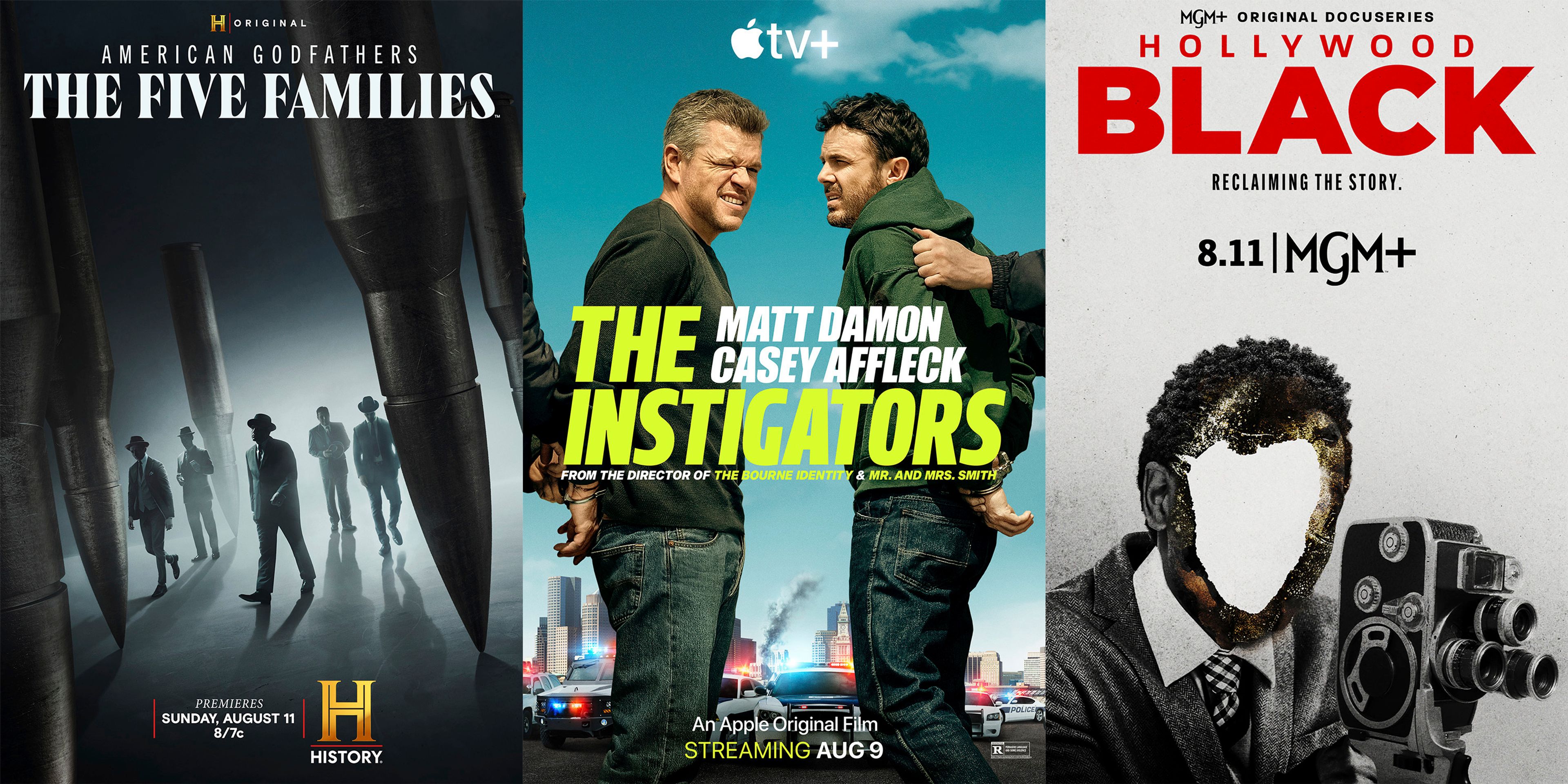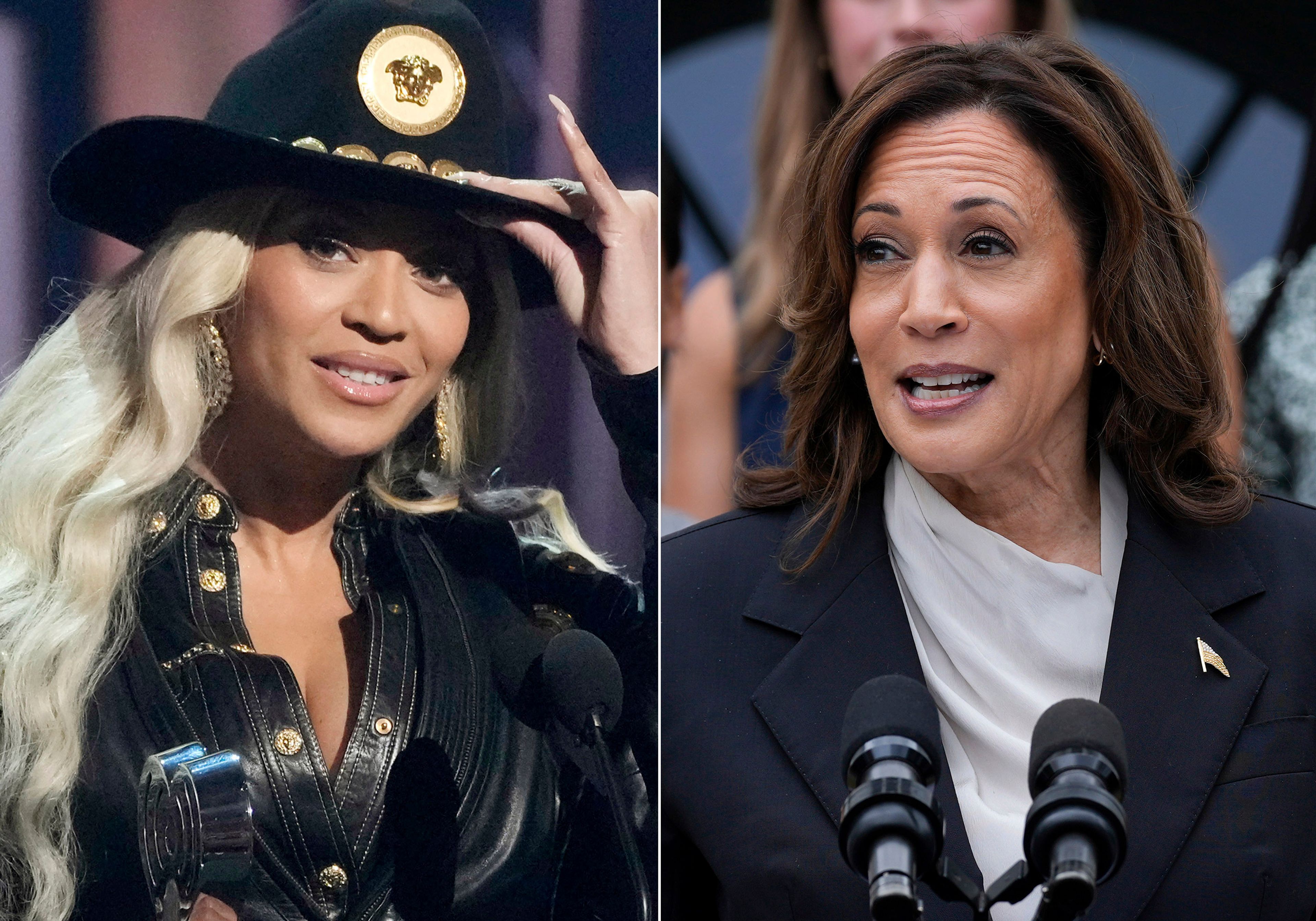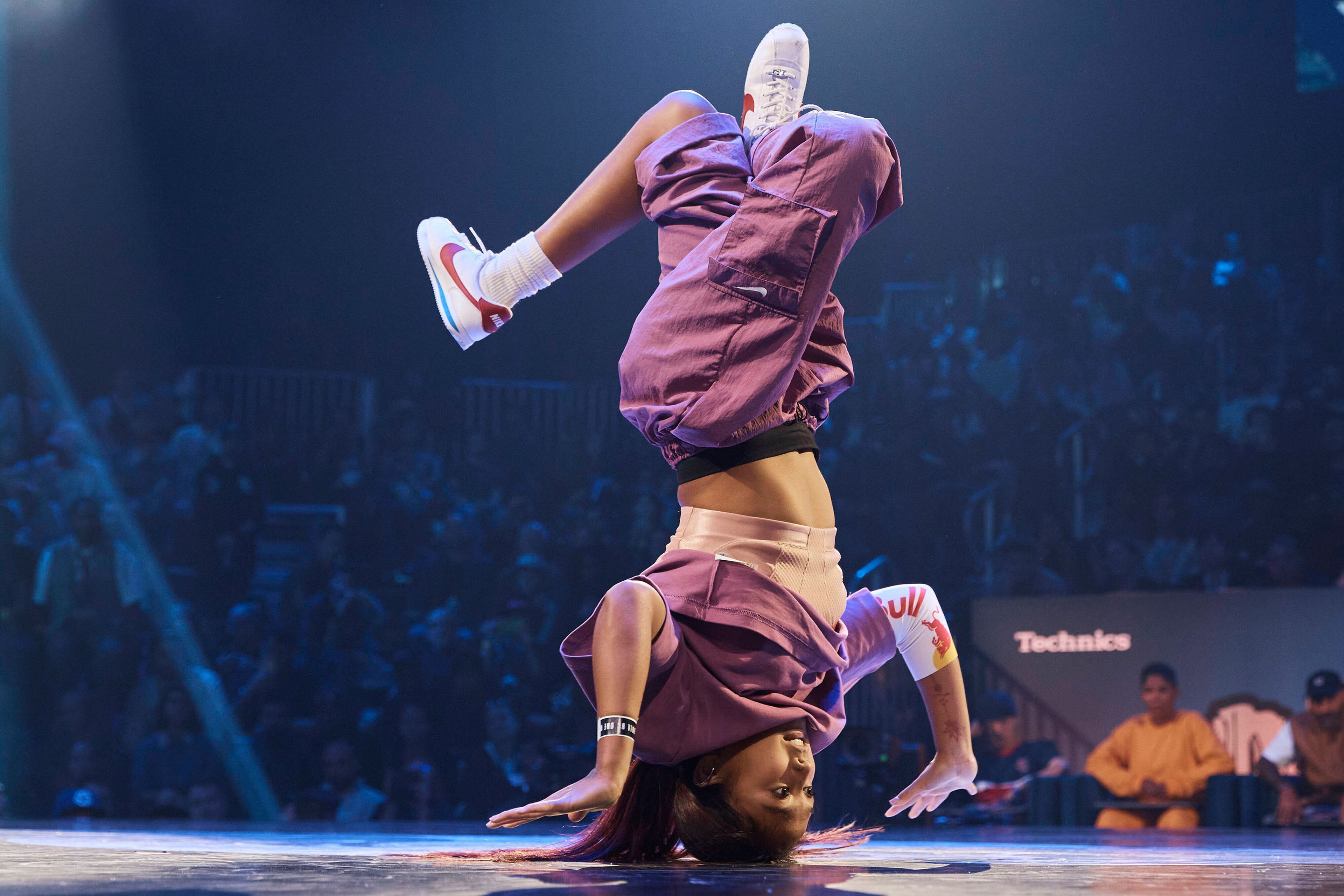LOS ANGELES -- A year after two black nominees won the lead-acting prizes for the first time, the Academy Awards are back to a likely sweep of the four actor categories by white performers.
This year's two minority nominees -- Mexico native Salma Hayek for best actress in "Frida" and black performer Queen Latifah for supporting actress in "Chicago" -- are not considered serious contenders against the white front-runners (Nicole Kidman of "The Hours" and Renee Zellweger of "Chicago" for lead actress, Catherine Zeta-Jones of "Chicago" for supporting actress).
Yet some find it encouraging that at least a couple of nonwhite actors managed to score nominations from an academy whose early years were virtually devoid of minority membership and which even in the past decade has had years without a single nonwhite acting nominee.
"I try to look at it as, last year was a big year and that meant a lot, and it may take a few years before we really see the fruits of what happened last year. It doesn't happen overnight," said Halle Berry, who won the best-actress Oscar last year for "Monster's Ball."
Last year, Denzel Washington won the best-actor prize for "Training Day," and Will Smith of "Ali" was nominated in that category.
The only other time three blacks were nominated in the lead categories was 1972. Paul Winfield was up for best actor for "Sounder," and Cicely Tyson of "Sounder" and Diana Ross of "Lady Sings the Blues" competed for best actress. All three lost.
Advocates of greater diversity in film were thrilled over Berry and Washington's wins, considering only six black actors -- or 2.2 percent of the 278 winners -- had received acting Oscars at the previous 73 Oscar shows.
Few saw last year's Oscars as a major shift toward racial inclusion in Hollywood, though.
"I looked at it as, they both deserved those awards. ... But it's not the kind of thing I held on to, like, 'OK, we've made it. We've arrived,"' Latifah said. "I think as long as there's racism in America, there's always going to be racism, period."
"I don't really look at it as everything has changed. I appreciate my nomination. I'm proud of what we did with 'Chicago,' so I'm just going to go and enjoy the moment."
The acting branch at the Oscars was almost exclusively a whites-only club through the 1950s, though there were occasional nonwhite nominees, among them supporting-actress winners Hattie McDaniel for 1939's "Gone With the Wind" and Miyoshi Umeki for 1957's "Sayonara."
The ratio of nonwhite nominees and winners has gradually improved since the 1960s. Yet in their best years, they have earned no more than three of the 20 Oscar acting nominations -- or 15 percent. Nonwhites make up 30 percent of the U.S. population.
As recently as 1995 and 1997, there were no nonwhite acting nominees. And while 1972 was celebrated as a breakthrough with three blacks in lead-acting categories, there was only one nonwhite acting nominee over the next eight years, black best-actress contender Diahann Carroll for 1974's "Claudine."
While Hollywood still draws heavy criticism for its lack of racial diversity, the last two decades have brought a better range of serious roles and more Oscar nominations for nonwhites.
Winners and nominees have included blacks (supporting-actress recipient Whoopi Goldberg for 1990's "Ghost," Washington with his first Oscar win, as supporting actor for 1989's "Glory"); Hispanics (supporting-actor winner Benicio Del Toro for 2000's "Traffic," Edward James Olmos, a best-actor nominee for 1988's "Stand and Deliver"); Asians (supporting-actor winner Haing S. Ngor for 1983's "The Killing Fields," Pat Morita, a supporting-actor nominee that same year for "The Karate Kid"); and Indians (Graham Greene, a supporting-actor nominee for 1990's "Dances With Wolves").
This year was especially solid for Hispanics. Besides Hayek's nomination, two of the five original-screenplay nominees are Spanish-language, "Talk to Her" and "Y Tu Mama Tambien." "Talk to Her" creator Pedro Almodovar also earned a best-director nomination, and Mexican drama "El Crimen del Padre Amaro" was nominated for foreign-language film.
Still, critics complain that the 5,800-member academy remains disproportionately white. Others say the real problem is Hollywood at large, which offers too few Oscar-caliber films and roles for minorities.
"You can (count) minority actors on your fingers without taking your shoes off," said three-time Oscar nominee Morgan Freeman. "So how can you expect to have one or two (minority nominees) in every mix? You just can't."
Advocates say more minorities must follow the lead of Washington, whose star power helped smooth the way for his directing debut, last year's "Antwone Fisher," based on the true story of a troubled black sailor.
"Until we get our own people writing screenplays for ourselves and getting money to produce our own films, it'll just be, 'If there happens to be a part they want to give us, fine,"' said Mayme Agnew Clayton, founder of the African-American Cinema Society. "Until then, we're just kind of at the mercy of Hollywood."
Connect with the Southeast Missourian Newsroom:
For corrections to this story or other insights for the editor, click here. To submit a letter to the editor, click here. To learn about the Southeast Missourian’s AI Policy, click here.








